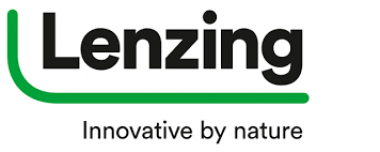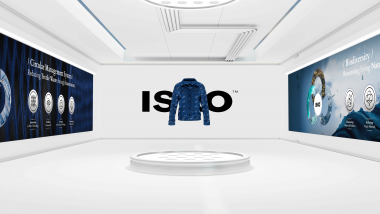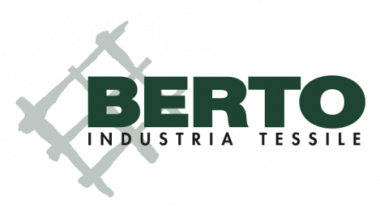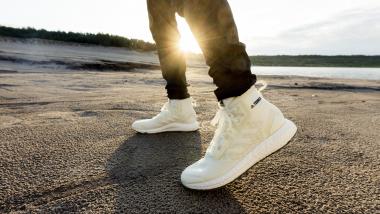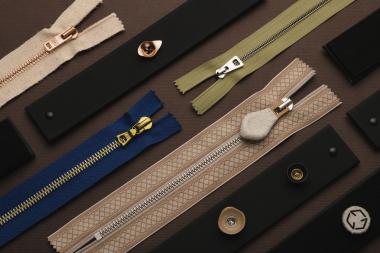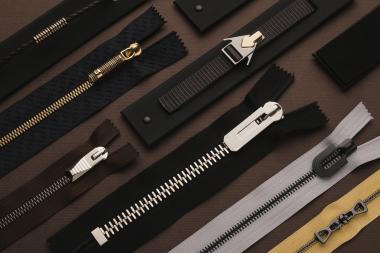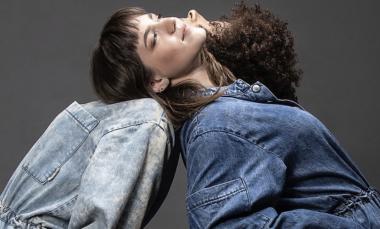adidas by Stella McCartney: Industry-First, with Viscose Sportswear
The garment is part of the New Cotton Project, an EU Consortium of key players united to demonstrate the potential of circular garment production
adidas by Stella McCartney presented a first of its kind sportswear garment designed to demonstrate the potential of a circular fashion ecosystem. Joining forces with leading names and innovators in the fashion industry to create, test, and innovate, the tracksuit forms the pinnacle expression of the brand’s pilot circularity program, Made to Be Remade. A take-back scheme where consumers can wear it down and then return it by scanning a QR code via the product so it can be remade. Moving adidas closer to its goal to help end plastic waste.
It’s currently estimated that just under 1% of all textiles worldwide are recycled into new textiles, so it’s vital the textile industry comes together to learn and knowledge-share. Scheduled across a three-year period, the consortium which includes partners such as Frankenhuis have collected and sorted post-consumer end-of-life textiles, which using pioneering Infinited Fiber technology have been regenerated into a new man-made cellulosic fiber called Infinna™ - which looks and feels just like virgin cotton. This is then turned into a yarn blended with organic cotton, for garment production.
Designing the tracksuit, made using viscose (60% viscose, 40% organic cotton) as a consortium member took the process from a linear to a circular model , as the apparel’s function and style were of equal focus to the garment’s end of life existence.
At the end of the project, consortium partner Aalto University, a Finnish multidisciplinary community specialising in science, art, technology , and design, will distribute learnings with the industry and bring this potential circular design solution to the ever-eco-conscious consumer.
adidas















